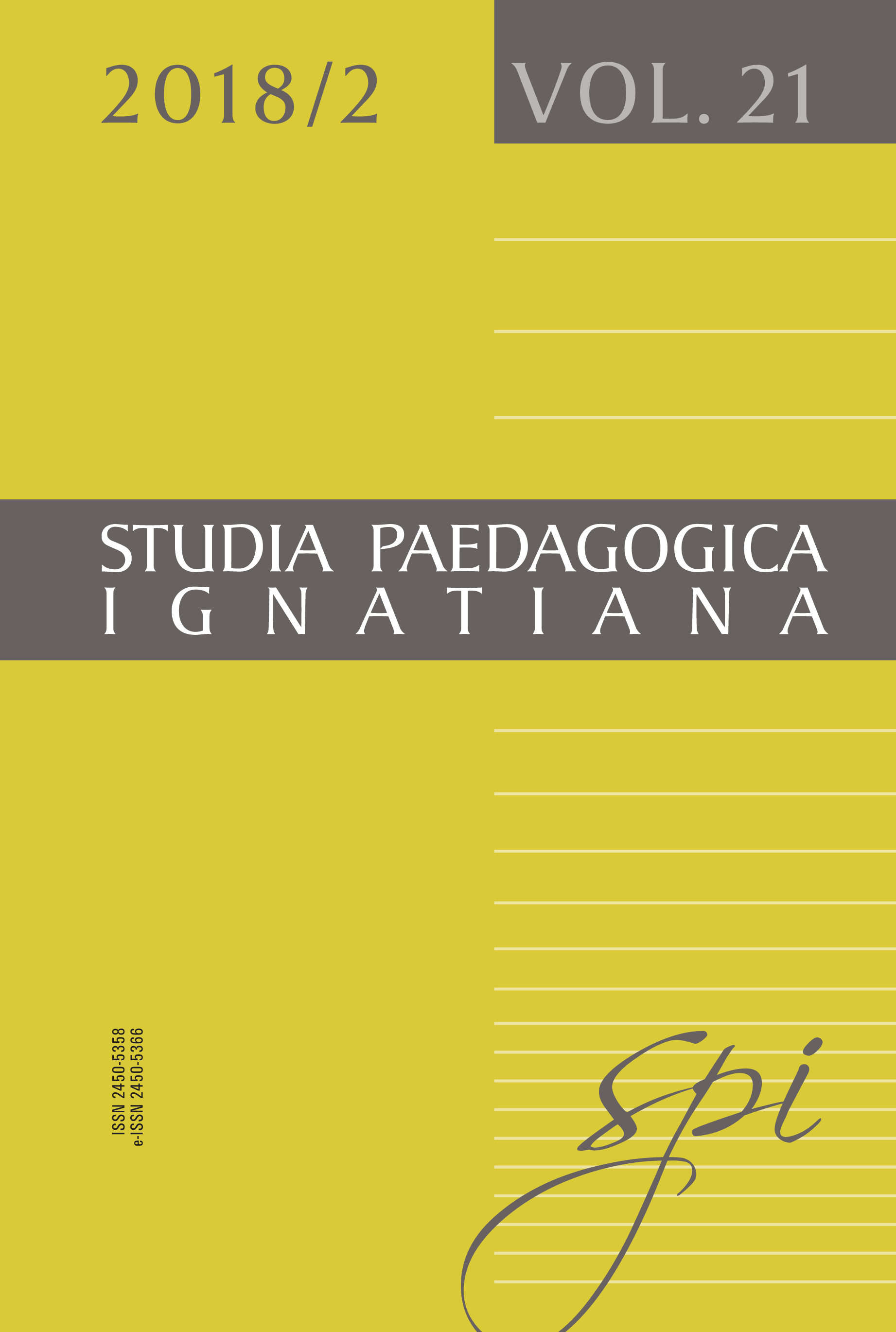Profesor Marian Kucała jako naukowiec, mistrz i nauczyciel
Professor Marian Kucała as a Researcher, a Master and a Teacher
Author(s): Bożena Sieradzka-BaziurSubject(s): Social Sciences, Education, History of Education
Published by: Uniwersytet Ignatianum w Krakowie
Keywords: Marian Kucała; researcher; master; teacher; science; education of language
Summary/Abstract: The article shows the silhouette of prof. dr. hab. Marian Kucała (1927–2014), a great linguist, master and teacher. Professor is the author of about 300 books, articles, studies in the field of dialectology, history of Polish language, historical and contemporary lexicography, religious language, onomastics, linguistic correctness, contemporary Polish language and even glottodidactics. He was a distinguished scientist at the Institute of the Polish Language of the Polish Academy of Sciences, an academic teacher, teacher of many Polish students at the Catholic University of Lublin, popularizer of knowledge about native language, which should be described as a language teacher. He made a huge scientific and organizational contribution to the development of “Język Polski”, one of the most valued Polish linguistics journals. The most important of his works are the following compact publications: Porównawczy słownik trzech wsi małopolskich; Rozwój iteratiwów dokonanych w języku polskim; Rodzaj gramatyczny w historii polszczyzny; Jakuba Parkosza traktat o ortografii polskiej; Twoja mowa cię zdradza. Regionalizmy i dialektyzmy języka polskiego; Mały słownik poprawnej polszczyzny. In 2000, the Institute of the Polish Language of the Pollish Academy of Science published a collection of his most important scientific articles: Polszczyzna dawna i współczesna. Studia i szkice. Professor Marian Kucała was the co-editor and editor of such significant lexicographical studies as the Słownik staropolski and the Słownik polszczyzny Jana Kochanowskiego. His scientific works representing diachronic and synchronous linguistics in a variety of aspects have had a significant impact on the development of Polish and Slavic linguistics. Professor Marian Kucała conducted a wide range of linguistic research, he had a great knowledge of how the Polish language functions in a diachronic and synchronous aspect, he enjoyed great recognition in the linguistic environment as a scientist and as a master, promoter, teacher who had a huge impact on the scientific development of many linguists in Poland, providing knowledge and promoting their scientific work.
Journal: Studia Paedagogica Ignatiana
- Issue Year: 21/2018
- Issue No: 2
- Page Range: 87-98
- Page Count: 12
- Language: Polish

